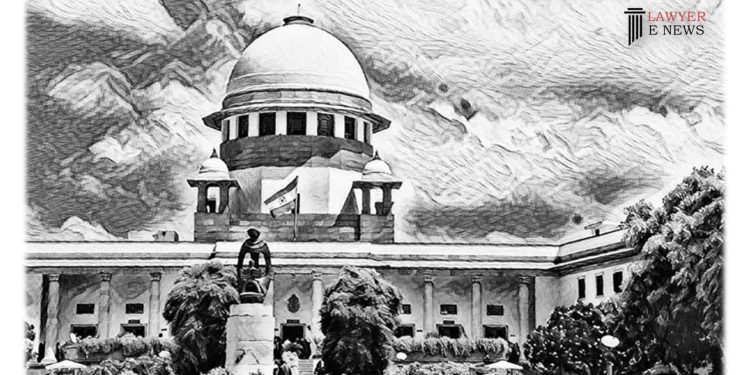-
by Admin
16 February 2026 1:47 PM



In a significant ruling, the Supreme Court has invalidated the classification of landowners for the purpose of awarding differential compensation in a land acquisition case. The court held that the classification made by the executive actions violated Article 14 of the Constitution, which guarantees the right to equality. The judgment, delivered by Justices Krishna Murari and S. Ravindra Bhat, addressed the issue of arbitrary classification and its impact on fundamental rights.
The case revolved around the Greater Noida Industrial Development Authority (GNOIDA) and its classification of landowners into two categories: Pushtaini landowners and Gair-pushtaini landowners. The distinction was made to determine the compensation to be awarded for land acquired under the Land Acquisition Act, 1894. The GNOIDA authority sought to provide differential compensation based on whether the land was the primary source of income for the landowner or not.
Justice Krishna Murari, speaking on behalf of the bench, highlighted the violation of the proportionality test. He stated, "State action that leaves sufficient room for abuse, thereby acting as a threat against free exercise of fundamental rights, ought to necessarily be factored in the delicate balancing act that the judiciary is called upon to do in determining the constitutionality of such state action."
The court further emphasized that the classification lacked a rational nexus to the objective of the notification and contravened the Nagpur Improvement Trust case. Citing the Nagpur Improvement Trust judgment, Justice Bhat stated, "When the purpose of the acquisition of the land is for the benefit of the public at large, then the nature of the owner of the said land is inconsequential to the purpose."
The judgment emphasized the need for equal compensation for all landowners and rejected the notion of differential treatment based on conjectures and surmises. The court also expressed concerns about the potential abuse of such classifications and the absence of substantive guidelines, which violated the proportionality test.
Supreme Court set aside the impugned judgment passed by the Full Bench of the High Court and allowed the writ petition filed by the appellants. The landowners in the subject area are now entitled to the ex-gratia payment and increased base amount without any differentiation based on the classification created by the executive actions.
Date of Decision: 20th February, 2023
Ramesh Chandra Sharma & Ors. vs State of Uttar Pradesh & Ors.
